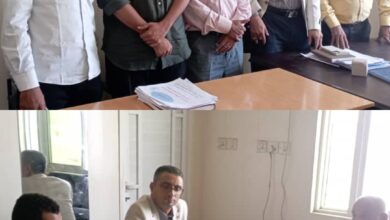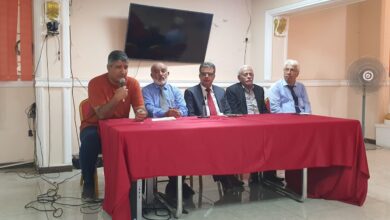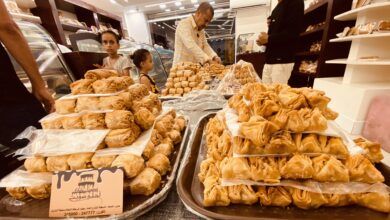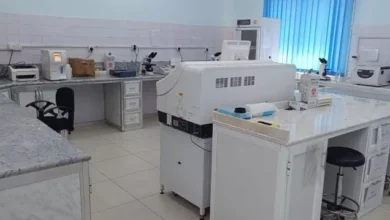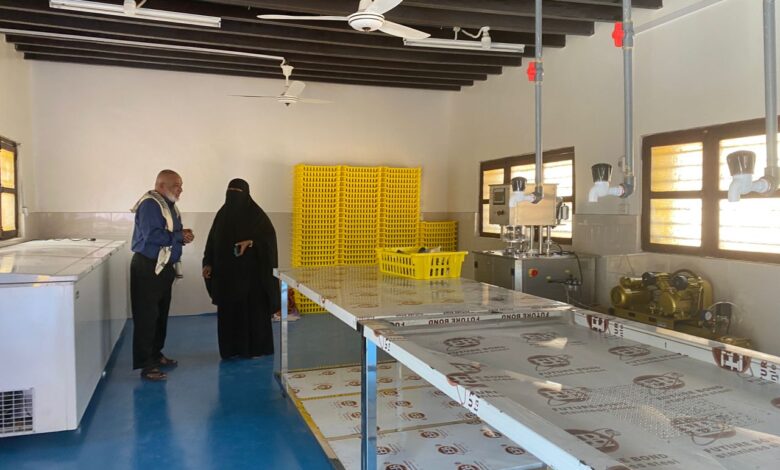
Aden, Society for Scientific Research, Heba Albohry:
Despite women making up almost half of the workforce in the seafood industry, they are often underrepresented in high-level and well-paid positions. Around the world and Yemen, fish and seafood processing plants mostly employ women on the factory but men in the management. Now the women of the coastal area of Foqm in Aden Governorate in Yemen succeeded in establishing an association of a full women‘s team and were able to open two labs specialized in the manufacture of cans of tuna fish and Salt bags.
The president of Fuqm Association for the Development and Rehabilitation of Coastal Women, Ibtisam Al-Bihani, explained the stages of preparing tuna by purchasing the best types of high-quality fish, including “Thamad.“ Then comes the stage of filtering, cutting, removing the skin and bones, followed by the sterilization and boiling stage for two hours, and finally the packaging.
Al-Bihani stated that the laboratory has the capacity to produce approximately 500 cans of tuna daily, according to the capacity of ten employees.
The consultation on naming the tuna can is still ongoing, with a number of names proposed that are related to the region, such as “Faqam Tuna“ or “Al-Faqamiya,“according to Al-Bihani.
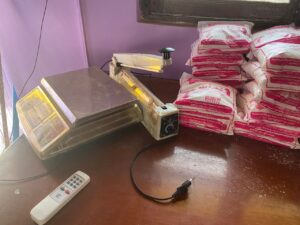
This pioneering project is a major source of
income, as it will employ many women with special and difficult circumstances, such as widows who find it difficult to support themselves and their families. This contributes to providing sustainable employment opportunities and improving the livelihood of the local community.
In addition to the tuna factory, the association has also succeeded in establishing a sea salt production facility. Salt is considered a essential product in the coastal region.
Salt is manufactured using traditional methods in a dedicated factory within the association‘s headquarters, following the purchase of raw materials at a cost of 37 thousand per ton. The purification, filtering, and packaging processes are carried out to reflect the maritime heritage of the region.
Furthermore, the Coastal Women‘s Association works to provide opportunities for local fishermen by purchasing quantities of fish caught by them. These fish are used in the tuna factory, which enhances the income of the fishermen.
Al-Bihani also mentioned that the association is currently working on a new idea for packaging and freezing fish, with the aim of providing fresh and high-quality seafood products throughout the year. Additionally, the association intends to organize training courses to educate the locals about the production of marine artifacts made from marine organisms. This initiative aims to enhance craftsmanship skills and provide additional employment opportunities.
The association serves as a pioneering model in promoting the local economy and achieving sustainable development. By establishing the tuna and salt factories, providing employment opportunities for local fishermen, developing the idea of packaging and freezing fish, and training the locals in the production of marine artifacts, the association contributes, even if in a small way, to the rotation of the local economy and the promotion of economic and social sustainability of the coastal community of Faqam.

